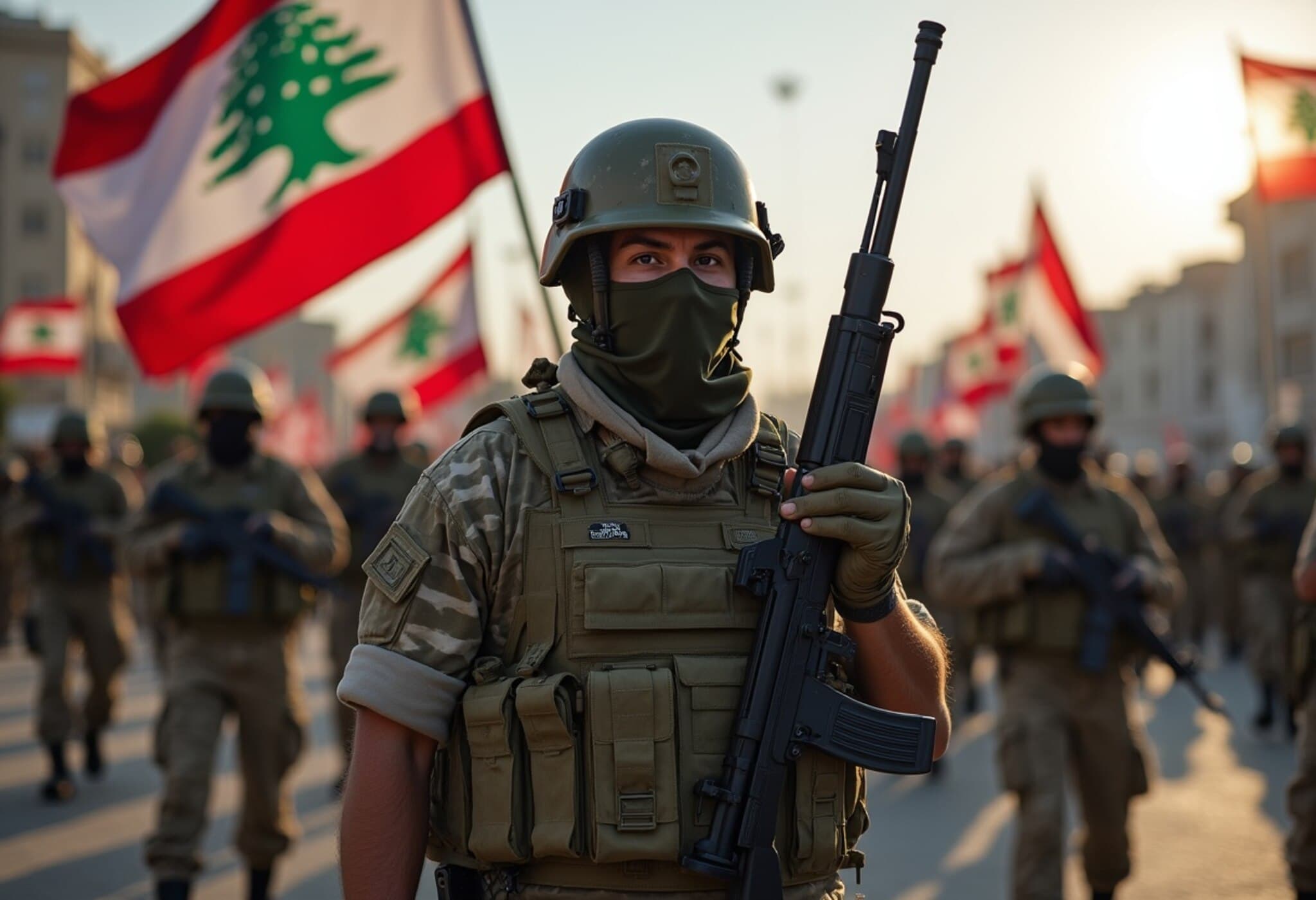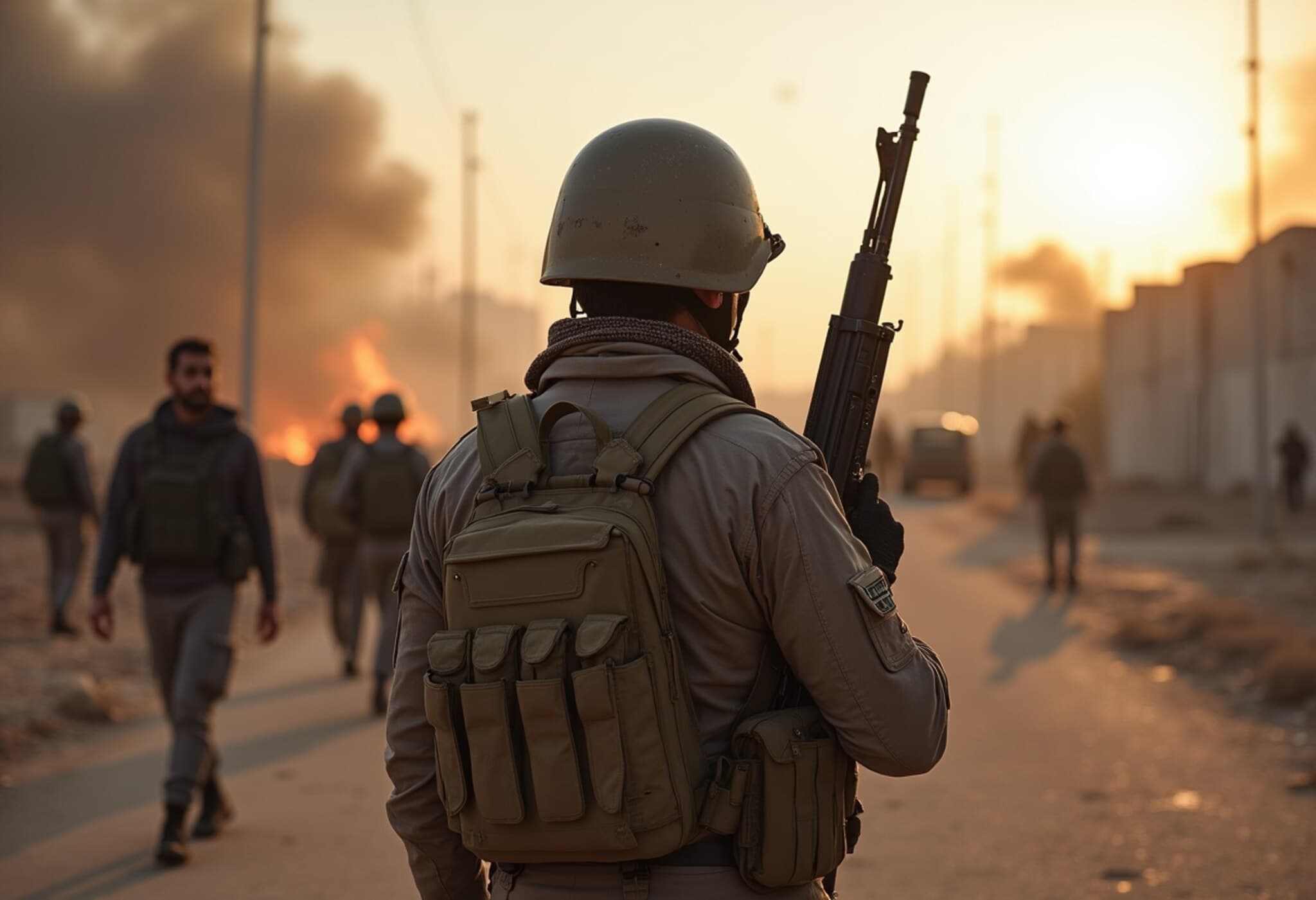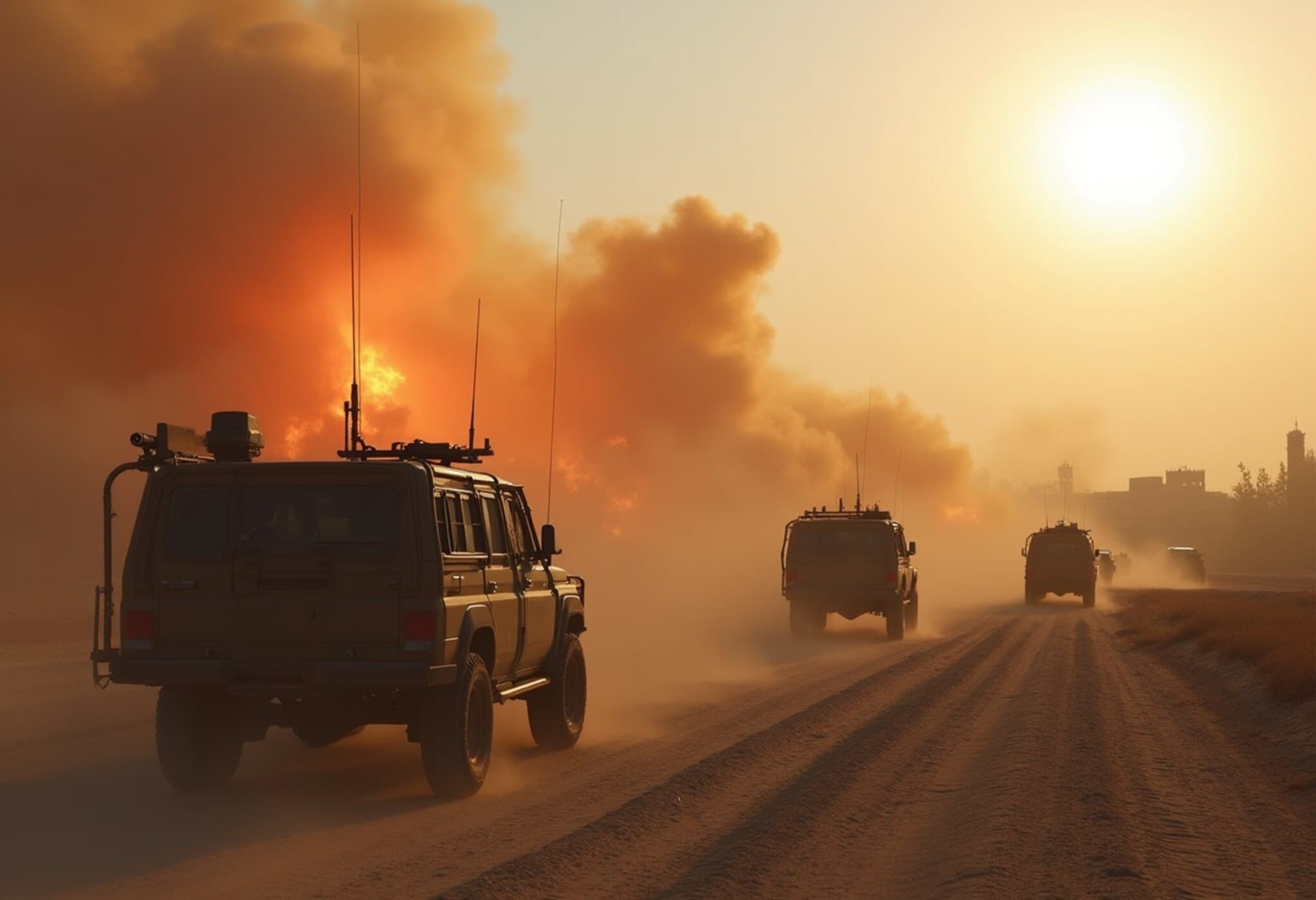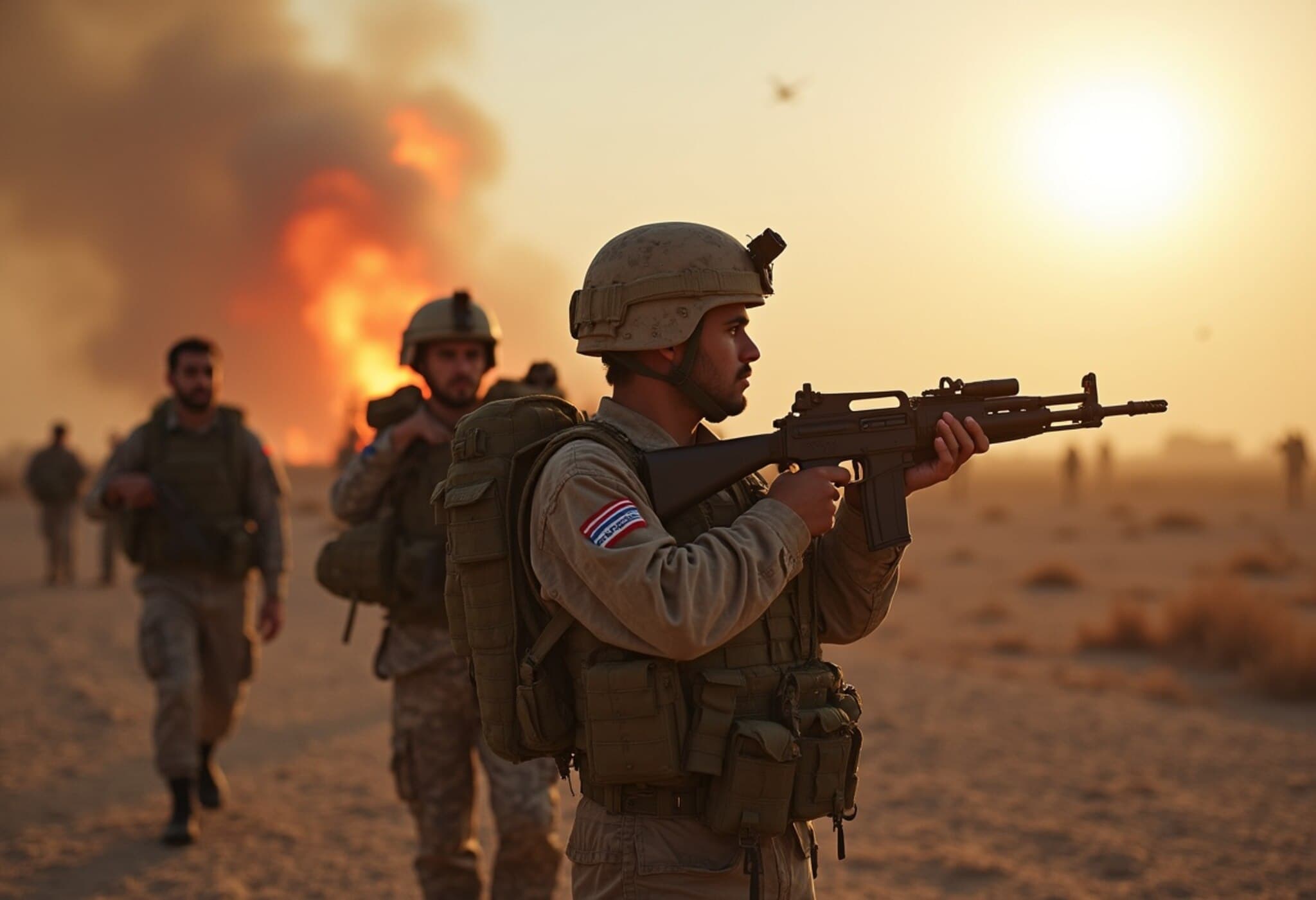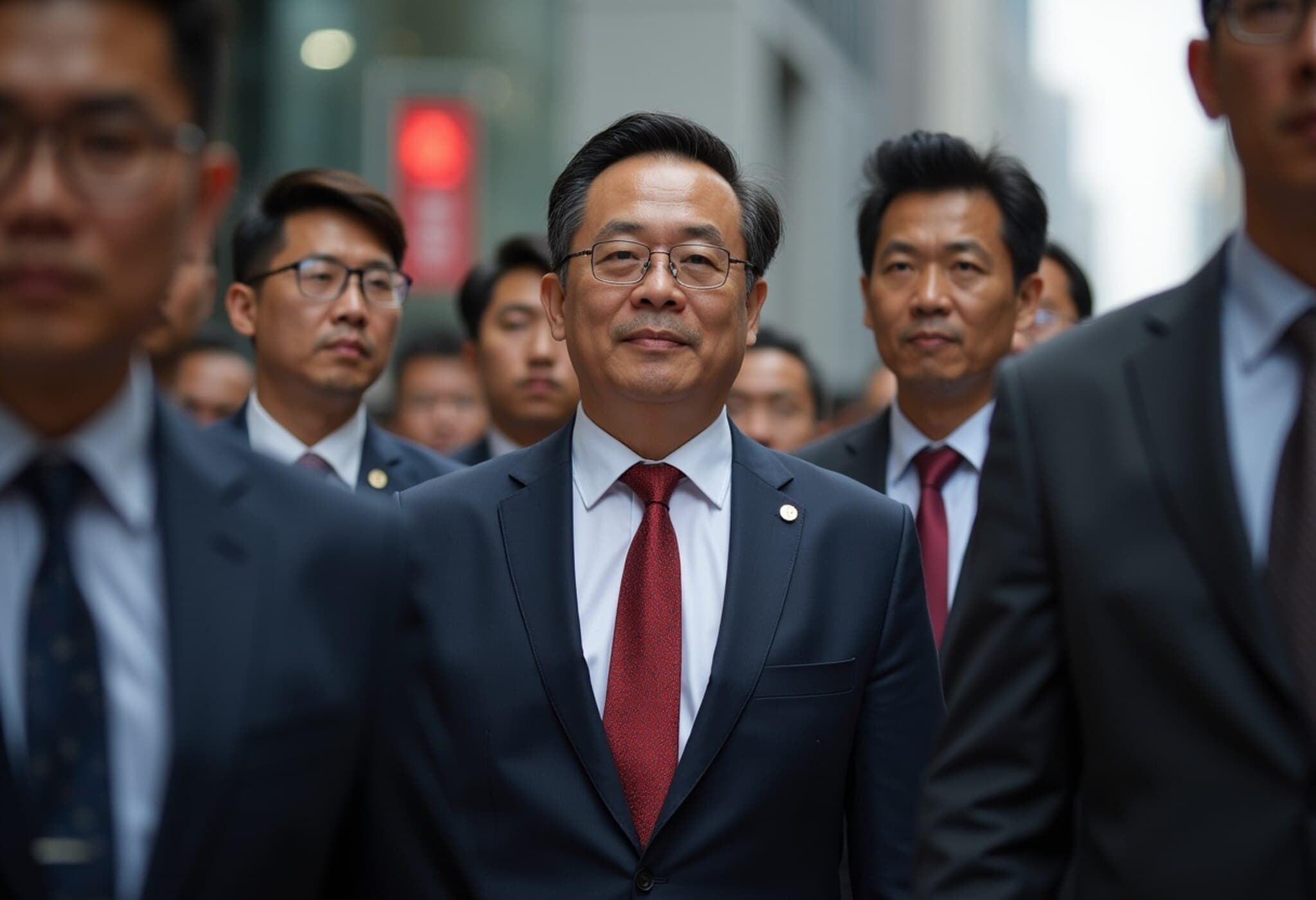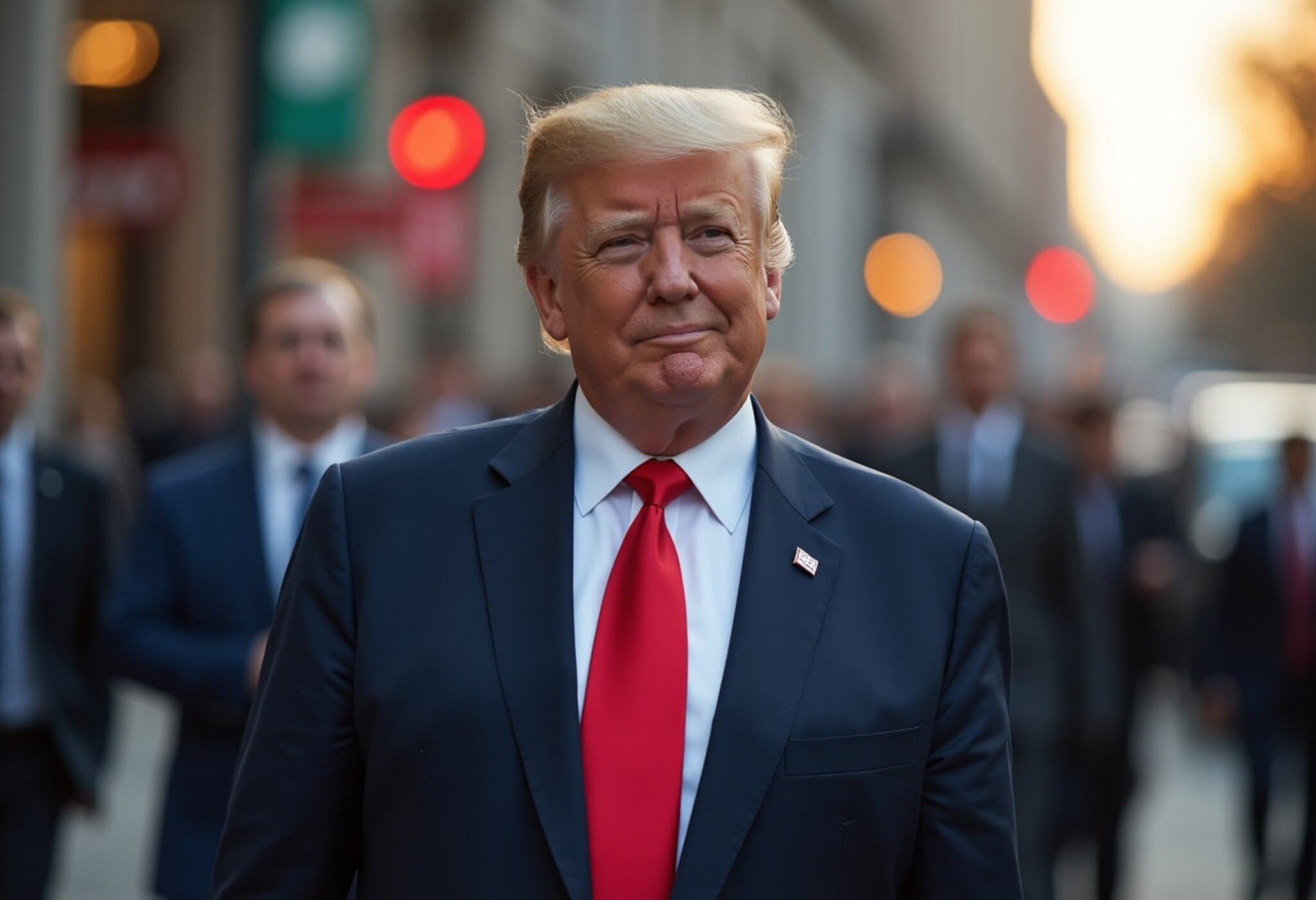UN Security Council Authorizes Final Extension for Lebanon Peacekeeping Mission
In a significant development on August 28, 2025, the United Nations Security Council (UNSC) unanimously agreed to extend the mandate of the United Nations Interim Force in Lebanon (UNIFIL) for the last time, setting a clear timeline for the mission’s gradual withdrawal. This decision underlines the evolving security dynamics in the region and marks a pivotal moment for Lebanon’s sovereignty and stability.
Background: UNIFIL’s Role Since 1978
Established in 1978, UNIFIL was deployed to oversee the cessation of hostilities along Lebanon’s southern border with Israel. The mission’s role expanded considerably in 2006 after a devastating conflict between Israel and Hezbollah, a powerful and heavily armed Lebanese political and militant group. Since then, UNIFIL has worked alongside the Lebanese Armed Forces (LAF) to maintain peace and prevent unauthorized armed groups in the sensitive southern region.
The Final Extension and Drawdown Plan
The newly passed resolution extends UNIFIL’s mandate until December 31, 2026. From that point forward, the operation will undertake a carefully planned, yearlong withdrawal process, conducted in close coordination with Lebanon’s government. This strategy aims to ensure an orderly and secure disengagement without creating a security vacuum in a historically volatile zone.
Acting U.S. Ambassador to the UN, Dorothy Shea, emphasized the significance of the decision, stating, “The security environment in Lebanon is radically different than just one year ago, creating the space for Lebanon to assume greater responsibility.” This optimism hinges on recent diplomatic progress and evolving regional dynamics.
Complex Regional Dynamics and Challenges
- Hezbollah's Dominance: Despite the presence of the Lebanese army, Hezbollah continues to exert significant control over southern Lebanon, which complicates UNIFIL’s mission of disarmament and peace enforcement.
- Israeli Security Concerns: Israel's representatives have criticized UNIFIL’s effectiveness, labelling it as unable to curb Hezbollah’s growing military capabilities, which they see as a direct threat to regional stability.
- US Diplomacy and Economic Initiatives: The United States has brokered a fragile truce between Lebanon and Israel, and is advocating for a disarmament plan for Hezbollah. This is linked with a proposed phased Israeli withdrawal and the ambitious promotion of a U.S. and Gulf-backed economic development zone in southern Lebanon, designed to undercut Hezbollah’s reliance on Iranian financial support.
Lebanon’s Official Response and Future Outlook
Prime Minister Nawaf Salam welcomed the UNSC decision, underscoring its reaffirmation of Lebanese sovereignty, particularly concerning Israel’s occupation of contested territories. He stated that the extension "reiterates the call for Israel to withdraw its forces from the five sites it continues to occupy, and affirms the necessity of extending state authority over all its territory." This reflects Lebanon’s desire to restore full control over its land and reduce external and non-state pressures.
Expert Insight: What Lies Ahead?
From an American policy perspective, the UNSC’s final extension represents a cautious endorsement of Lebanon’s gradual empowerment to handle its security affairs. However, the intertwined issues of Hezbollah’s armament, regional geopolitical rivalries, and Israel’s security priorities pose complex hurdles.
Experts suggest that the success of the withdrawal and lasting peace hinges on:
- Robust Lebanese governance strengthening state institutions, especially in border regions.
- Continued diplomatic engagement involving key regional players, including the U.S., Israel, Iran, and Gulf states.
- Effective economic incentives that can provide alternatives to militancy and reduce Hezbollah’s influence.
Without these elements firmly in place, there remains a risk that the withdrawal could create security gaps exploitable by militant groups, potentially destabilizing Lebanon and the broader Middle East once more.
Editor’s Note
This final extension of UNIFIL’s mandate is more than a procedural UN decision — it encapsulates a crossroads for Lebanon’s future. Can Lebanon consolidate state authority and diminish Hezbollah’s military influence? Will regional powers embrace a sustainable peace framework or intensify strategic rivalries? As the world watches this critical phase, the resilience of Lebanon’s institutions and the efficacy of international diplomacy will be tested like never before.
Key questions remain: How will Lebanon balance sovereignty with security challenges? Can economic development succeed as a peacebuilding tool in a politically fragmented landscape? The answers will shape the next chapter of Middle Eastern geopolitics.

